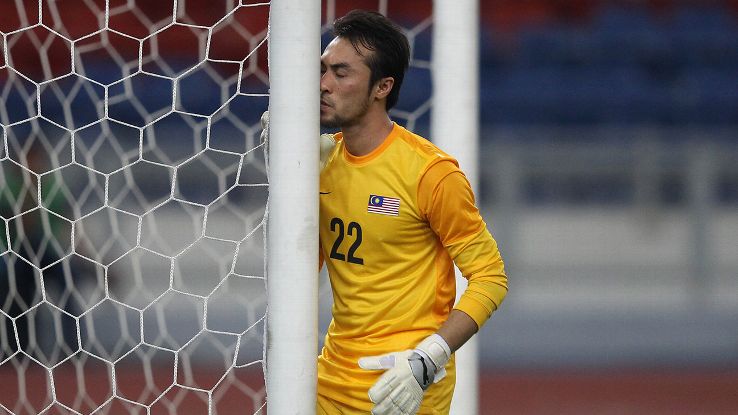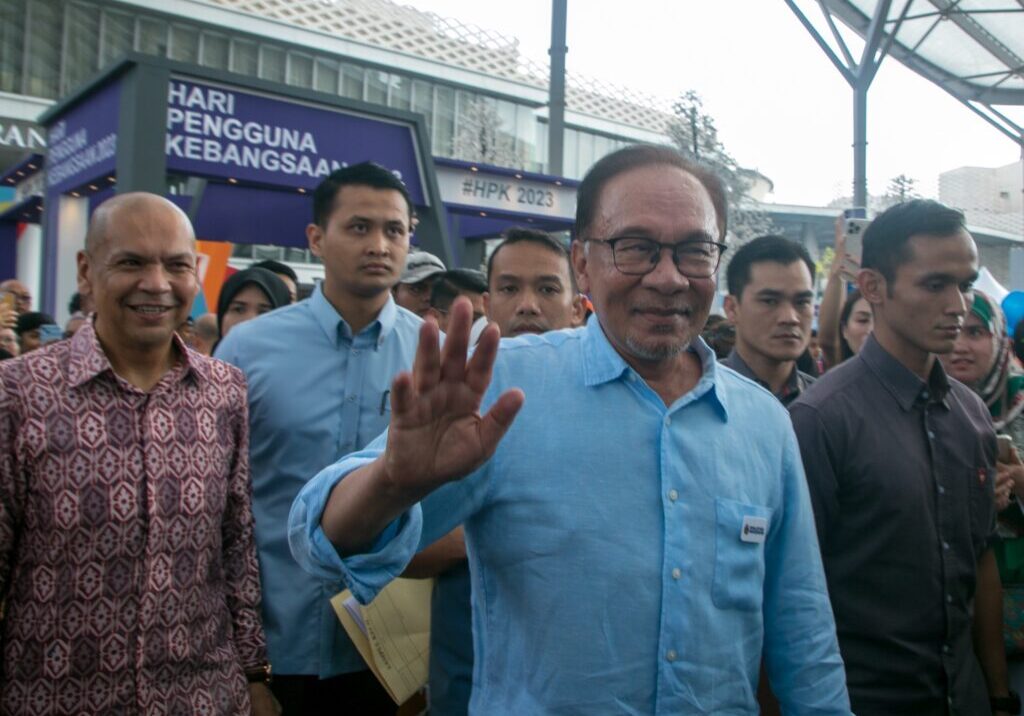Australia/Israel Review
Asia Watch: Own goal
Sep 6, 2016 | Michael Shannon

Malaysians avidly follow football. Not so much their own national team – currently ranked a lowly 167th – but the English Premier League in particular. Exposure to top-level football is fleeting at best when teams like Manchester United or Chelsea pay an off-season visit.
The ultimate dream is to host the FIFA World Cup. To make this outside possibility a little more likely, in 2013 Malaysia offered and was accepted to host the 2017 FIFA Congress that will determine the host nation of the 2026 World Cup.
As so often happens, politics trumped sport. That World Cup dream is now dust because of… Israel.
Hosting an international event like the FIFA Congress entails welcoming delegates from over 200 FIFA member countries, but when Israeli delegates reportedly faced difficulty obtaining travel visas it was up to Deputy PM Ahmad Zahid Hamidi to explain why.
“We have a policy that we cannot accept countries with whom we have no diplomatic ties, what’s more with the flag which would have to be hung outside the conference and on the tables,” he declared, adding that the presence of Israeli delegates and the Israeli flag poses “security issues”.
“The risks are too high compared to the benefits so it’s better if we avoid being the host to the conference because we understand the sensitivities in our country,” he said.
It is surprising that since accepting its hosting role Malaysian officials took three years to wake-up to these “sensitivities”, because this is not the first time this issue has arisen.
In 2015, two Israeli windsurfers participating in the Youth Sailing World Championships in Malaysia were forced to miss the competition because Malaysian organisers refused to allow Israeli athletes to compete under their country’s flag or play their national anthem, Hatikvah, in the event of a victory. Not to mention when Israel played the 1997 International Cricket Council Trophy competition in Kuala Lumpur, hundreds of people took part in heated demonstrations outside the grounds.
Yet, in 2008 Chelsea FC’s Israeli then-coach Avram Grant and midfielder Tal Ben Haim were given special dispensation to enter Malaysia for an off-season exhibition match, while for a similar match in 2011, Chelsea’s Yossi Benayoun was permitted to play. However, the decorated Israeli star suffered repeated booing and antisemitic abuse from the crowd every time he touched the ball, leading Chelsea to complain to the Malaysian Football Association (MFA).
Malaysia’s latest move follows speculation that Prime Minister Najib Razak may call snap elections in the first half of 2017. Having thus far weathered the colossal 1MDB financial scandal and with the opposition parties in disarray, Najib has doubled-down by playing to the ruling Barisan Nasional coalition’s core constituency, the Malay Muslim majority. It seems part of that includes not risking an electoral backlash by allowing any Israeli presence.
Former MFA head and Asian Football Confederation general secretary Peter Velappan lamented Malaysia’s failure to host the event. “Suddenly Malaysia puts restrictions. Violating the FIFA conditions and losing the hosting rights at this stage is very painful,” he told AFP.
While Malaysia’s footballing prestige may be at a new low, it did attract support from a predictable source. A statement from Hamas expressed “great appreciation” to Malaysia, hailing the country’s refusal “to engage in the policy of normalisation” with Israel. “Hamas considers this a courageous stance that is welcomed by all Palestinians, who wish Malaysia goodness and prosperity.”
Crack down
The world is discovering with horror that after just eight weeks in the presidency, Rodrigo Duterte is giving the Philippines exactly what he promised: a “scorched earth” approach that has seen hundreds of deaths at the hands of vigilante death squads who are killing, often with little evidence, anyone suspected of involvement in the drug trade. Hundreds of others, including officials and elected representatives, are said to be in the crosshairs on largely unproven drug-related corruption grounds.
While offering sympathy for Muslims seeking semi-autonomy in Mindanao, Duterte has also come down hard on the hardline Islamist terror group Abu Sayyaf, warning that the Philippines risked being “contaminated” by Islamic State. Philippine Army special forces announced the seizure of the “last stronghold” of the Abu Sayyaf in Basilan, after a month of fighting, with an estimated 45 militants killed. Amidst the onslaught, two Indonesian fishermen captives of the group managed to escape.
Meanwhile, Indonesian authorities say piracy in the Sulu Sea, a major sea lane, could reach levels previously seen in Somalia. Analysts say US$40 billion worth of cargo passes through the waters each year, including super-tankers from the Indian Ocean that cannot use the crowded Malacca Strait.
The rise of hijackings and kidnappings at sea has prompted Indonesia, the Philippines and Malaysia to strike an agreement on coordinated joint sea patrols, after a two-day defence trilateral meeting on maritime security in Bali.






